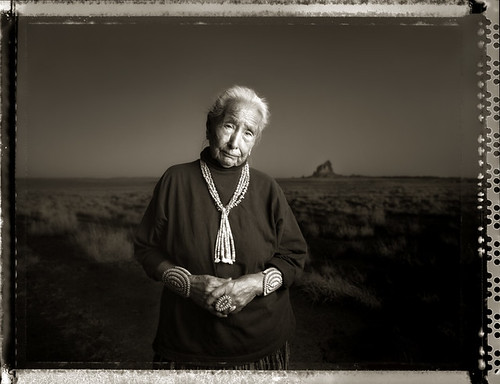Greg - in terms of quality I have to take issue with your statement. The internet is littered with many attempts to replicate the "film" look. It falls short, to be polite.
Film color is smooth and not punchy, digital well, is digital.
Film tonality is smooth across the range...digital is not bad, but nor superb like film is from MF on up.
Film color can be reproduced but it's depth cannot - or at least not without an obvious digital footprint applied to it.
Film has the uncanny ability to be sharp and smooth at the same time:
I have noticed a significant advantage in shadow detail and depth with the Mamiya C330 with pro stock color negative film. A D3 or 5D cannot replicate this in camera.
Another reason for a resurgence in film is the digital "promise" many would-be MWAC or DWAC's realize is that you must become a Photoshop jockey more than a..photographer, to get those *awesome* images you see everywhere.
So many good images can come right out of the can with film, not so much with digital.
Regardless of how 'good' digital supposedly is, it looks flat and probably always will be flat.






 Reply With Quote
Reply With Quote





Bookmarks